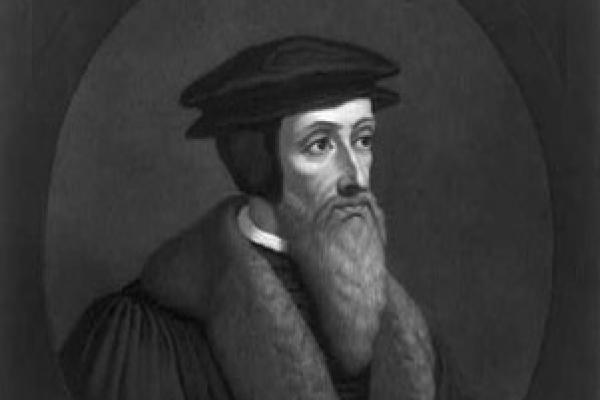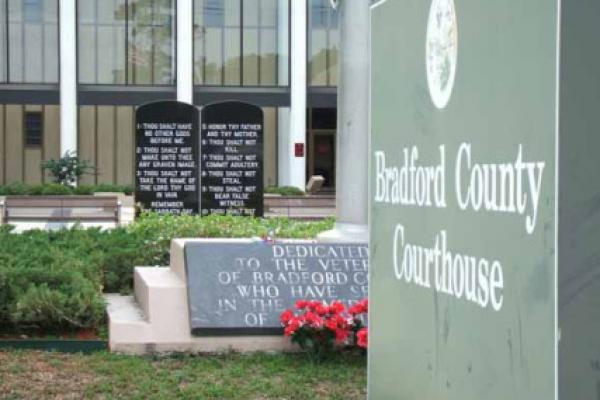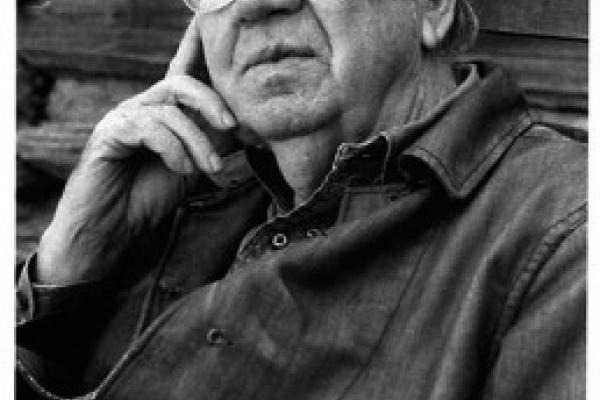Nearly 35 years after conservatives launched a takeover of the Southern Baptist Convention, a new divide is emerging — this time over the teachings of 16th-century Reformer John Calvin — that threatens to upend the nation’s largest Protestant denomination.
When Southern Baptist delegates gather for their annual meeting next week in Houston, they’ll be presented with a report, “Truth, Trust, and Testimony in a Time of Tension,” that focuses on the growing popularity of Calvinism among Southern Baptist pastors and seminaries.
At stake are fundamental beliefs on who can be “saved,” the need for evangelism, and whether Baptists will retread familiar battlefields on the proper roles of men and women.
For Raed Jarrar, the FBI’s decision Wednesday to begin tracking hate crimes against Arabs is a battle won in a larger war.
“This is just one part of fixing the system, because unfortunately many hate crimes against Arab Americans have not been noticed,” said Jarrar, spokesman for the American-Arab Anti-Discrimination Committee.
In addition to its decision on tracking anti-Arab hate crimes, the FBI has agreed to track crimes against a number of religious groups it has never before tracked. The new categories include reporting crimes committed against Buddhists, Hindus, Sikhs, Mormons, Jehovah’s Witnesses, and Orthodox Christians.
Bishops in the Church of England, who had strenuously opposed a bid to allow same-sex marriage, signaled that they won’t try to derail the bill after an overwhelming vote of support in the House of Lords.
Church of England spokesman Steve Jenkins said that in the same way the church will eventually allow women bishops, England will eventually allow same-sex marriage.
“It doesn’t mean the Church of England is happy, but that’s where our government is going,” Jenkins said. “Now it’s about safeguarding people’s right to hold religious beliefs.”
After years of fights over religious monuments on public land, a county courthouse in Northern Florida will soon be the home of the nation’s first monument to atheism on public property.
On June 29, the group American Atheists will unveil a 1,500-pound granite bench engraved with secular-themed quotations from Thomas Jefferson, Benjamin Franklin, and its founder, Madalyn Murray O’Hair, among others, in front of the Bradford County Courthouse in Starke, Fla.
The New-Jersey-based group, which has a membership of about 4,000 atheists, humanists, and other non-believers, won the right to erect the monument in a settlement reached in March over a six-ton granite display of the Ten Commandments on the same property.
Breaking with another centuries-old tradition established by his predecessors, Pope Francis will remain in Rome during the summer and endure the usually stifling heat of the Eternal City.
The Vatican’s chief spokesman, the Rev. Federico Lombardi, announced on Thursday that the pope will not move to the papal villa of Castel Gandolfo, where previous popes usually spent at least part of the summer.
The villa, boasting expansive gardens, a working farm, and a private helipad, was a favorite retreat of Francis’ predecessor, Benedict XVI, who used to spend three months there, from early July to the end of September.
When the ExxonMobil Pegasus pipeline split open in late March it spilled 210,000 gallons of oil into a small Arkansas town. The spill galvanized opponents of the Keystone XL Pipeline, who cited its planned path through major rivers and aquifers. Activists say TransCanada, which would build and operate the pipeline, underestimate the size of potential spills.
"I don't agree with people who say a spill into the aquifer will ruin the whole aquifer. It would ruin a very small piece, but it's important if that's your small piece," John Stansbury, a University of Nebraska professor of environmental and water resources engineering. "But if it got into a major river, it could create a plume hundreds of miles long."
Read more here.
The Rev. Will D. Campbell, a Baptist minister and early white civil rights activist, as well as best-selling writer and folksy raconteur, died Monday in Nashville, Tenn. He was 88.
With a fiercely independent streak and sometimes prickly personality, Campbell used his powerful way with words to explore American racism, especially the contradiction inherent in Christian support for segregation across the South.
And he had his own contradictions, as well. A Southern Baptist who drank moonshine with the Catholic nuns he counted as his friends, Campbell was an equal-opportunity critic, castigating liberals as well as conservatives in his writing and preaching and storytelling.




